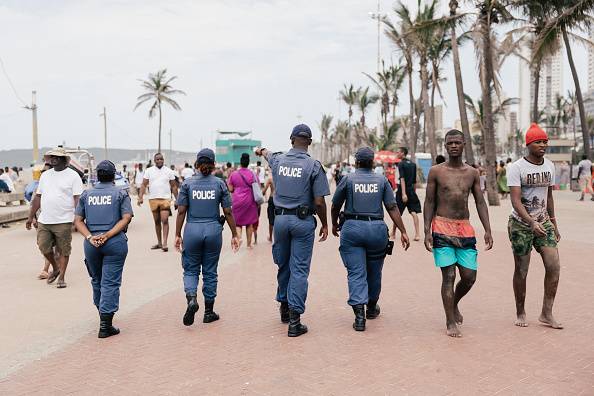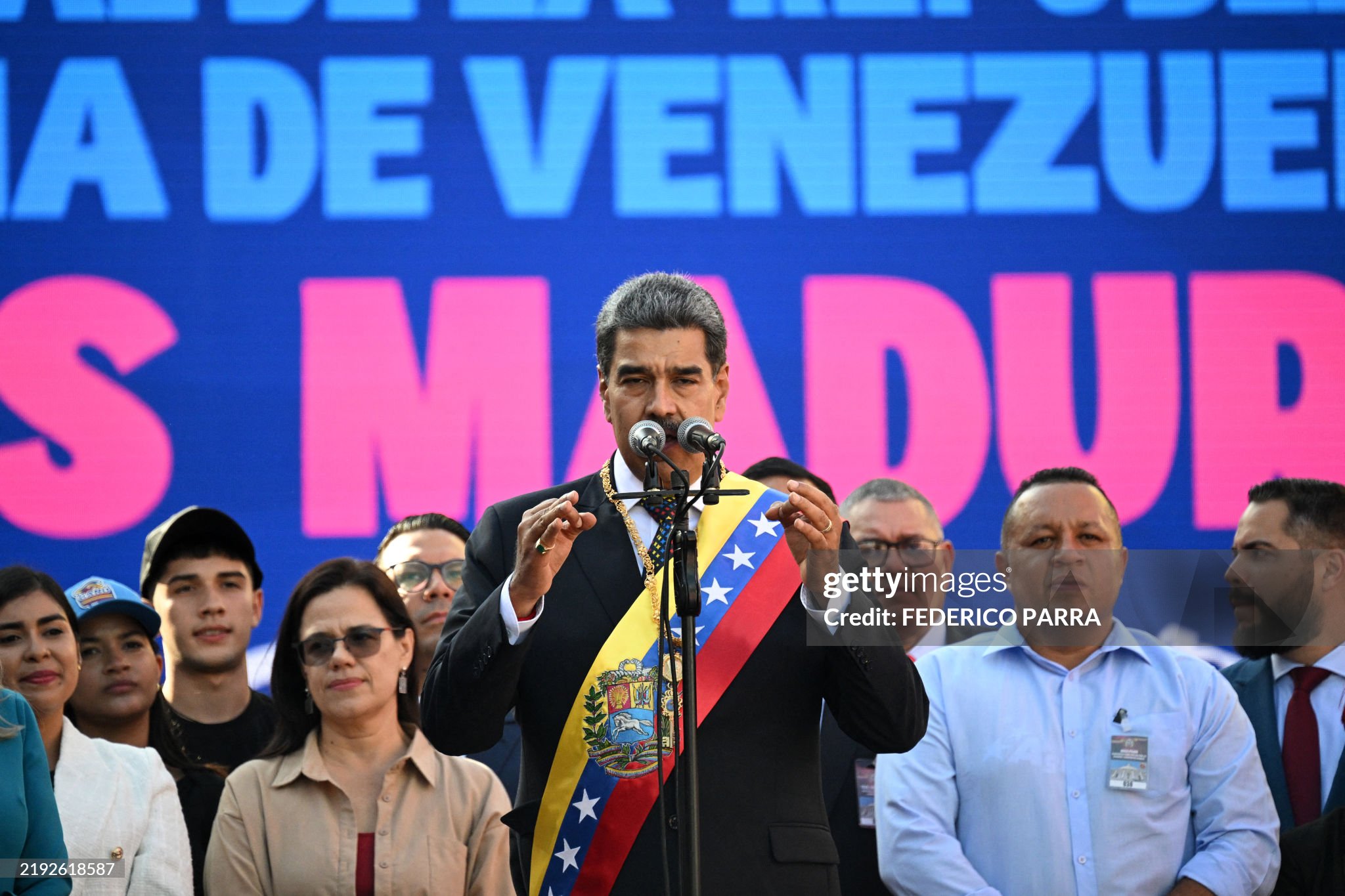Khartoum, Sudan — More than 50 Sudanese political forces, civil groups and the military leaders signed a power-sharing deal Monday that raised hopes of ending violent clashes between security and protesters since last year’s coup.
The agreement calls for immediate security and military reforms which include combining all militias, including the Sudan paramilitary Rapid Support Forces, into one unified army. It also stresses the need to resolve issues regarding transitional justice in the country.
The move raises hope of ending continued clashes between pro-democracy protesters and the security forces.
Some regional and international bodies have praised the Sudanese leaders for reaching the deal.
The U.N. human rights chief, Volker Turk, said in a statement Monday that the agreement was an “important” step toward a political settlement.
Turk reiterated the commitment of his office to supporting the people of Sudan in their aspirations for peace, justice, democracy and the rule of law, and to ensuring that human rights and accountability remain central to the transition process.
Khartoum resident Sahar Al Jazuli hailed the civilian parties and the military for agreeing to begin a new transition.
She said it has been more than a year since citizens have gone without essential services. The situation is complicated internally and externally, she said, adding that the next phase needs everyone to sacrifice and forget their personal and narrow interests that have caused more lives and bloodshed.
Farah Abbas, who lost his 28-year-old son, Abbas Farah, when troops opened fire on protesters outside the military headquarters in Khartoum in June 2019, said neither he nor other families whose relatives were killed by security forces have received justice.
He said they will continue with “true” revolutionaries to reject any deal that doesn’t serve justice and accountability.
Abbas said they have the real revolutionaries who continue to pressure the military on the streets. He said the resistance committees are the true leaders of change in Sudan, and people will not surrender due to any forms of forces used against civilians.
Sudanese writer and former diplomat to the United States, Mekki El Moghrabi, said Tuesday’s agreement is overdue because the country was headed down an unknown road.
He said by signing this agreement, Sudan will gain a lot of benefit from the international community.
“This agreement will not solve all problems, but it is a very good step,” he said. “It puts disputes and complications in the truck of long-awaited dialogue. Sudanese people and friends of Sudan should manage their expectations. All should be more realistic.”
Officials from the African Union and European Union congratulated the Sudanese parties for reaching the agreement and urged them to engage in genuine dialogue to complete the remaining tasks that lead to the formation of a transitional government.




















Discussion about this post